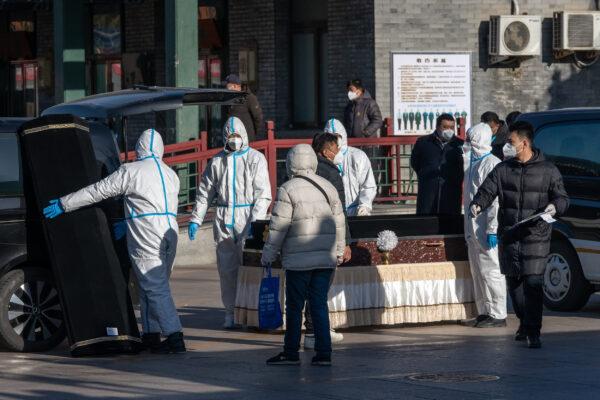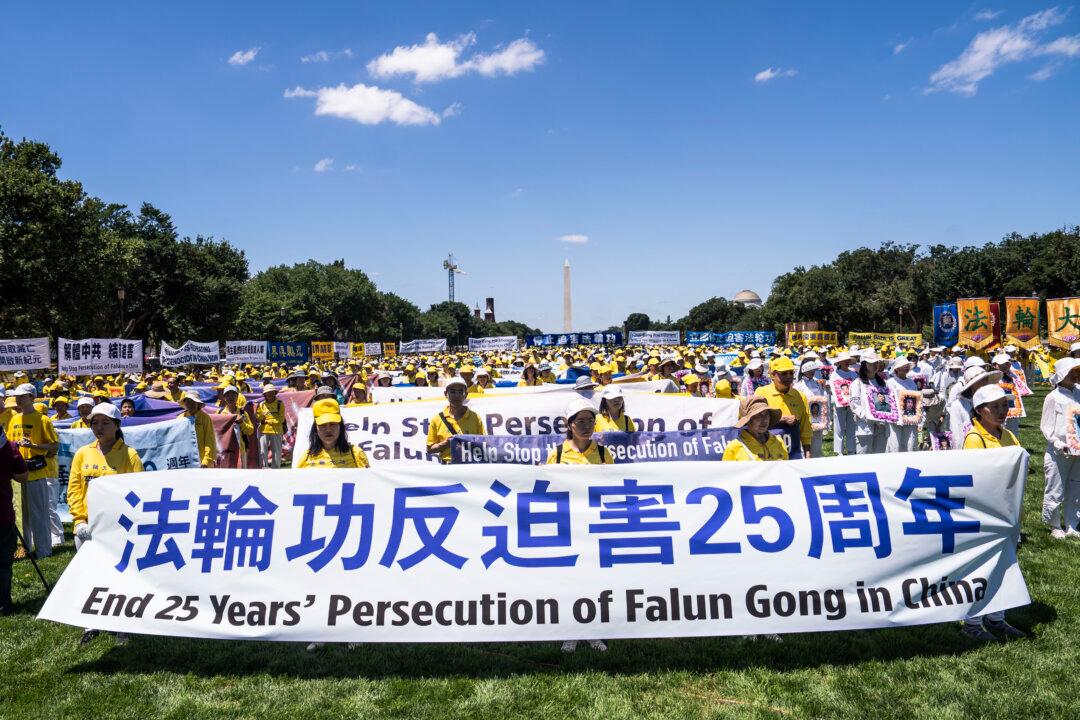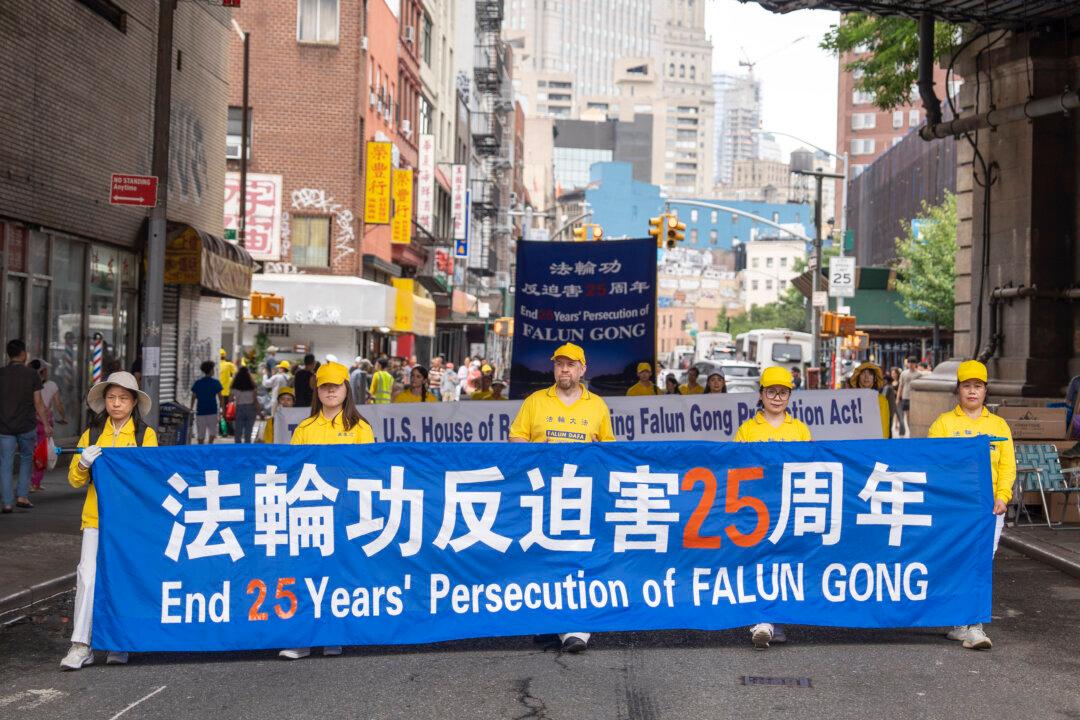Online posts show that China’s major cities have been hit hard by the recent pandemic outbreak, following the sudden end of China’s strict COVID-19 containment measures. Hospitals are overwhelmed with patients. Corpses are piled up in mortuaries. Long queues of hearses are waiting outside crematories.
“After three years of stringent zero-COVID policies, the CCP has turned the whole country into Wuhan in early 2020,” Zhao Lanjian, a Chinese dissident and former investigative reporter, told the Chinese language edition of The Epoch Times on Dec. 26.
Nearly three years ago, the pandemic first broke out in Wuhan, the capital city of China’s central Hubei Province.
China’s response to the rapidly spreading virus was inconsistent, and it was impossible to get accurate information about the scope of the crisis.
Dissident Slams Lack of Transparency
Zhao Lanjian, an investigative reporter from China, is known for his reporting on China’s environmental issues, including air and water pollution. Earlier this year, after bringing attention to the captivity of a mother of eight who was found shackled in a Chinese village, he was harassed by police and ultimately fled China for the United States.Zhao blasted the Chinese Communist Party (CCP) for its censorship of information.
“A Beijing funeral parlor has issued a notice, prohibiting its staff members from disclosing any information related to cremations. This control of information is more horrific than the pandemic itself,” Zhao said.
The notice referred to by Zhao was reportedly published by Beijing Dongjiao Funeral Parlor and leaked online.
The notice prohibits staff members from disclosing any information related to cremations.
“Everyone is strictly forbidden from receiving interviews by any media or organization, from discussing, explaining, or disclosing any data of the parlor and its work and operation. It is strictly forbidden to take photos of, edit, post, or send work information via messages, emails, WeChat conversations, or on Weibo,” the notice reads.
Overwhelmed Funeral Parlors Across China
Funeral parlors are reportedly working overtime in China. Many online video clips show long queues outside crematories in China’s northeastern Liaoning Province and in major cities including Beijing, Shanghai, Tianjin, and Guangzhou. Netizens have posted video footage showing containers being used to store dead bodies in China’s southwestern Sichuan Province and parking lots used to store bodies in northeastern Liaoning Province.Zhao cited Beijing Tongzhou Funeral Parlor as an example to show how the CCP is attempting to cover up the true number of deaths.
Prior to December, he said, the funeral parlor had cremated an average of 40 bodies per day. Starting Dec. 19, it has cremated 140 to 160 bodies a day, four times its usual workload.

Revised Standards for COVID-19 Reporting
Chinese netizens aren’t buying the official numbers. Increasingly, they’re going online to expose the way the regime is recording COVID-19 deaths.A netizen posted a notice that requires families of the deceased to write the cause of death as not being related to COVID.
People applying for a death certificate have to sign a statement reading, “I guarantee that the deceased [the dead person’s name] didn’t die of COVID. If there is any concealment, I am willing to bear all responsibilities.”
The angry netizen blasted: “[The CCP] uses such dirty tricks to control the mortality rate of COVID!”
The Epoch Times wasn’t able to independently verify the post’s authenticity.
Crematories Across China Overwhelmed
On Dec. 27, The Epoch Times reached out to multiple crematories in provinces across China and heard the same story from each: they are overwhelmed.The staffer added that after a body is sent to the crematory, it takes five days for the funeral home to contact family members to reclaim the ashes. “The ashes won’t be mixed up, because each furnace burns one corpse,” he added.
The staffer didn’t answer the publication’s question about the number of corpses the funeral parlor cremates daily. However, she said that cremators work from 1 a.m. to 7 p.m. each day, with only five hours of rest.





